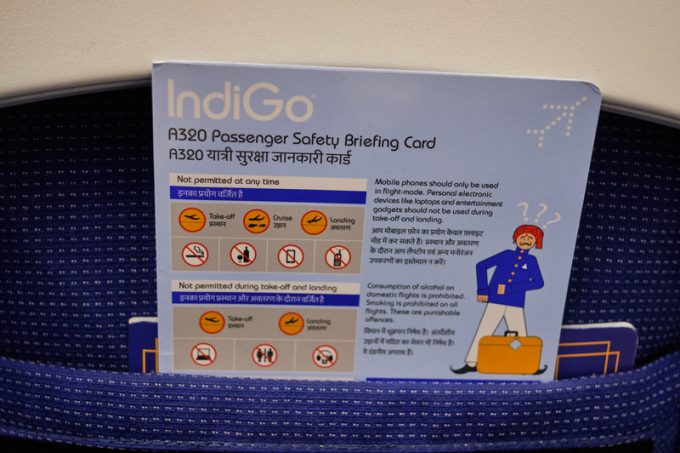Indian air cargo exports flying, boosted by improvements and expansion
International air cargo volumes out of India were estimated to have surged 19% year on ...

A massive amount of new belly capacity is set to descend on India’s air cargo sector, on top of dedicated freighter or cargo-only networks already on the cusp of development.
Domestic low-cost carrier IndiGo is to buy 500 aircraft from Airbus a $50bn deal that follows Tata Group-owned Air India’s recent order for 470 aircraft from Airbus and Boeing.
And local industry sources have told The Loadstar Air India is also close to inking a deal ...
Transpacific sees first major MSC blanks as rates fall and volumes falter
'It’s healthy competition' Maersk tells forwarders bidding for same business
White House confirms automotive tariffs – 'a disaster for the industry'
New price hikes may slow ocean spot rate slide – but for how long?
Shippers snap up airfreight capacity to US ahead of tariff deadline
Supply chain delays expected after earthquake hits Myanmar
Tighter EU import requirements proving 'a challenge' for forwarders

Comment on this article